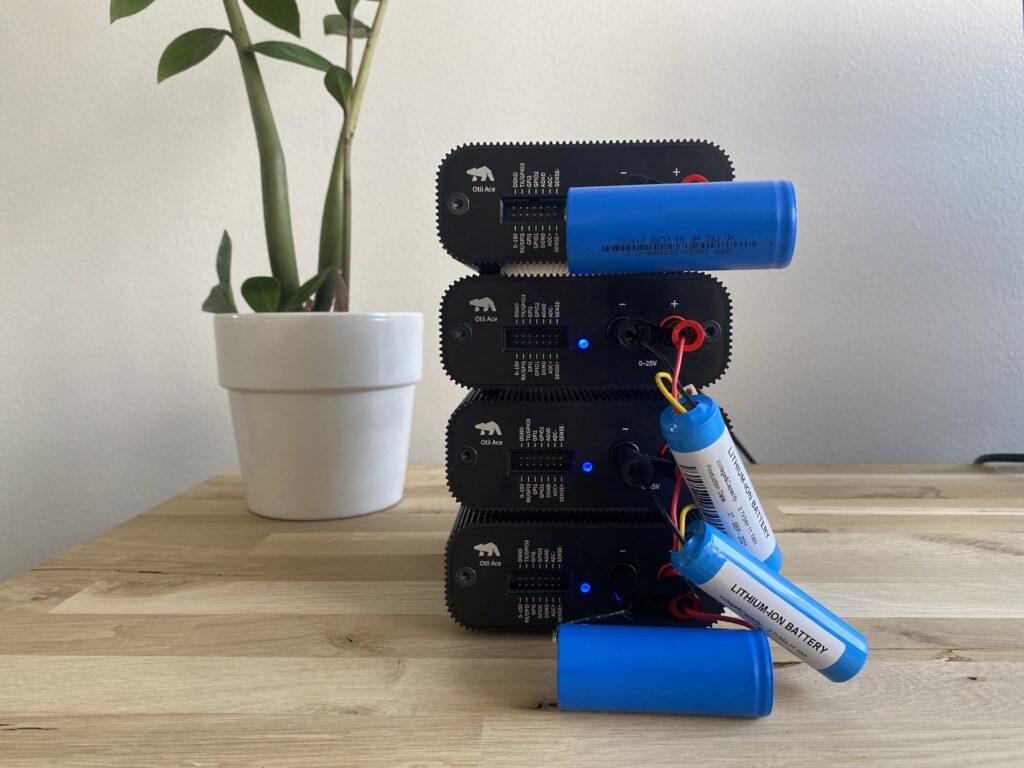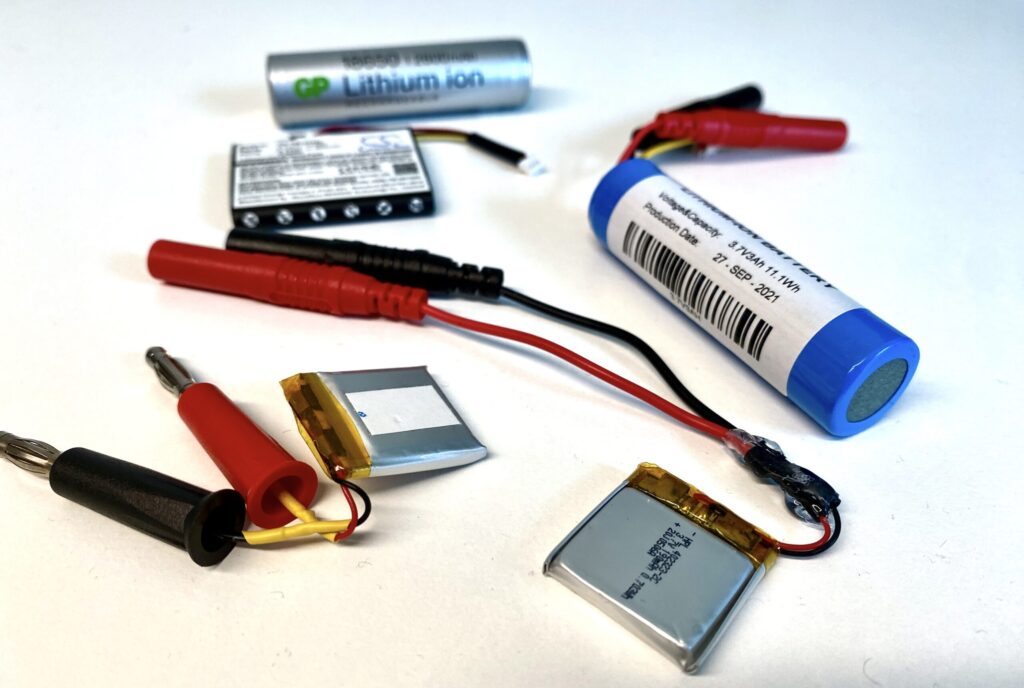Ampere-hours vs watt-hours – how to assess battery capacity
Ampere-hours vs watt-hours – how to assess battery capacity
Ampere-hours vs watt-hours? – understanding the significance of this question is key when analyzing different batteries. To evaluate battery performance effectively, it is essential to differentiate between charge, measured in ampere-hours, and energy, quantified in watt-hours. By understanding when and how to use each unit, one can achieve a more precise evaluation of a battery’s performance capabilities.
Battery charge capacity
There are two ways to specify battery capacity: Battery charge capacity is measured in ampere-hours (Ah) or coulombs (C). Battery energy capacity is measured in watt-hours (Wh), joules (J), or even calories.
The simplest method to assess a device’s battery usage is by measuring the current (measured in amperes) flowing from the battery over a period. Ampere-hours are defined as hours for which a battery can provide a current equal to the discharge rate at the nominal voltage of the battery. The crucial factor in this measurement is the presumption of a constant voltage. Constant voltage is more of an exception than the norm for embedded and IoT devices. Yet, battery capacity for these devices is commonly expressed in ampere-hours.

Battery energy capacity
If the battery voltage varies over time, current measurement over time will not provide the most accurate picture of battery capacity. This is particularly true if the device under test utilizes one or more DC/DC converters. In scenarios where voltage varies, the battery current may rise as the battery voltage drops. The opposite also applies, if the device under test is primarily resistive the current will decrease together with the battery voltage. A device utilizing a DC/DC converter will increase the current pulled from the battery as the battery drains (as the voltage drops), causing an ever-increasing rate of discharge until the under-voltage condition of the converter is hit.
To compare battery capacity across different battery pack voltages, watt-hours are utilized. By examining the device’s energy consumption and measuring both current and voltage (in amperes and volts, respectively), the energy used can be calculated in watt-hours.
As an example, considering the diverse voltages in electric vehicle (EV) traction battery packs, it’s no surprise that these packs are typically specified by their energy capacity, often expressed in kilowatt-hours (kWh).
Measuring battery energy capacity
The complexity arises from the need to measure both voltage and current simultaneously to calculate energy, unlike measuring charge, which only requires current measurement. Traditional multimeters need to be used in pairs to measure voltage and current simultaneously for energy measurements. In contrast, dedicated energy measurement tools, like Otii Arc and Ace, can handle these calculations internally. Instantaneous power calculation is crucial because the battery voltage varies with the load current. It requires a high sample rate for accuracy, and it’s not as straightforward as just multiplying the average current by the average voltage to get average power.

Ampere-hours vs watt-hours – the voltage is the key
Two main methods exist for evaluating battery capacity: charge capacity, quantified in ampere-hours (Ah), and energy capacity, measured in watt-hours (Wh). Understanding when to use each metric is crucial, given the intricacies of accurately determining battery performance. This decision largely depends on the specific characteristics and usage scenarios of the device, particularly whether it operates under variable or constant voltage conditions.
Want to know more?
Do you have any questions on this topic? Contact us to learn more.
Related products
Become a member of our community
Gain access to exclusive resources, educational materials, and expert advice to enhance your knowledge and understanding of powering IoT devices and battery testing.